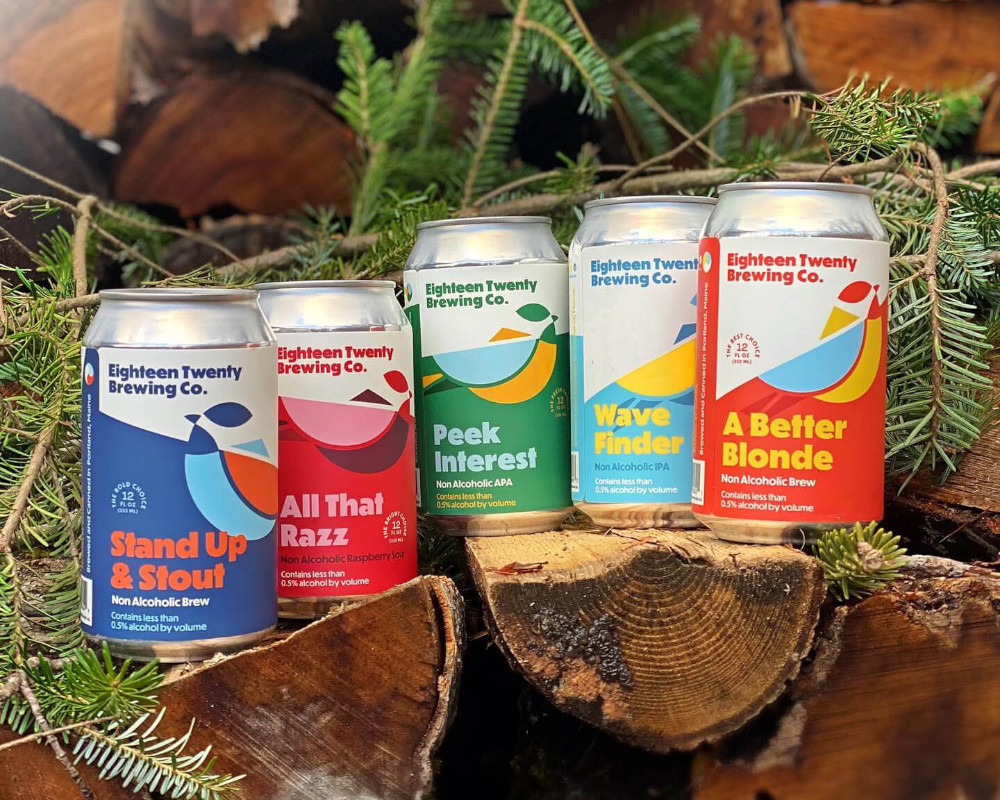
High-Quality Brewing Practices
Starting with Sustainability
Sustainability isn’t just an afterthought for 1820 Brewing; it’s a cornerstone of their operation.
From donating spent grains to local farms to be used as feed and fertilizer, to powering their brewery with 100% wind-renewable energy, every step of their process is designed with the environment in mind.
True-to-Style Non-Alcoholic Beers
True-to-style brewing is when brewers strictly adhere to the rules and regulations that define each style of beer by meticulously selecting ingredients and following guidelines for brewing processes. However, true-to-style brewers can still experiment with flavors and ingredients to create their own innovative style.
1820 Brewing falls into this category of brewers. They boast that their NA beers are all true-to-style and delicious.
“Pure” NA Beer
Outside of brewing great beer, founders Robin and Alan Lapoint co-own a leading liquid-filtration equipment company called The Strainrite Companies.
While catering to a wide variety of industries, one of the applications for the Strainrite Companies’ liquid filtration systems is for commercial beer filtration.
This process removes all the impurities from the water used to brew the beer, only allows the desired particle from the beer’s mash into the batch, and ultimately filters out all the sediment at the end of the brewing process, creating some of the purest non-alcoholic beers in the market.
Sanitation and Safety
But their brewing standards don’t stop there… This beer filtration system also includes a sterilizing filter to use during canning, kegging, and packaging that is engineered to protect against micro-organisms and bacteria.
Finally, 1820 utilizes something called inline-tunnel pasteurization. This means that they send the canned beer through a tunnel that is both heated and cooled in two different sections. This pasteurizes both the beer and the can it comes in.
The hot section heats the beer with hot water or steam to about 165 degrees Fahrenheit to kill any remaining bacteria or yeast in the liquid. The cold section cools the beer back down before any of the important qualities of the beer are affected.
This is the highest-quality method of pasteurization to protect sensitive liquids like non-alcoholic beer as it not only ensures all harmful bacteria is destroyed but also ensures that any remaining yeast is killed so that the beer cannot continue to ferment past an ABV of 0.5%, the legal limit for non-alcoholic beer.
The standards of their brewing practices are top-notch and it shows in their beers. Their beers taste so pure and clean that they give a hydrating sensation with no sediment or strange aftertaste.







